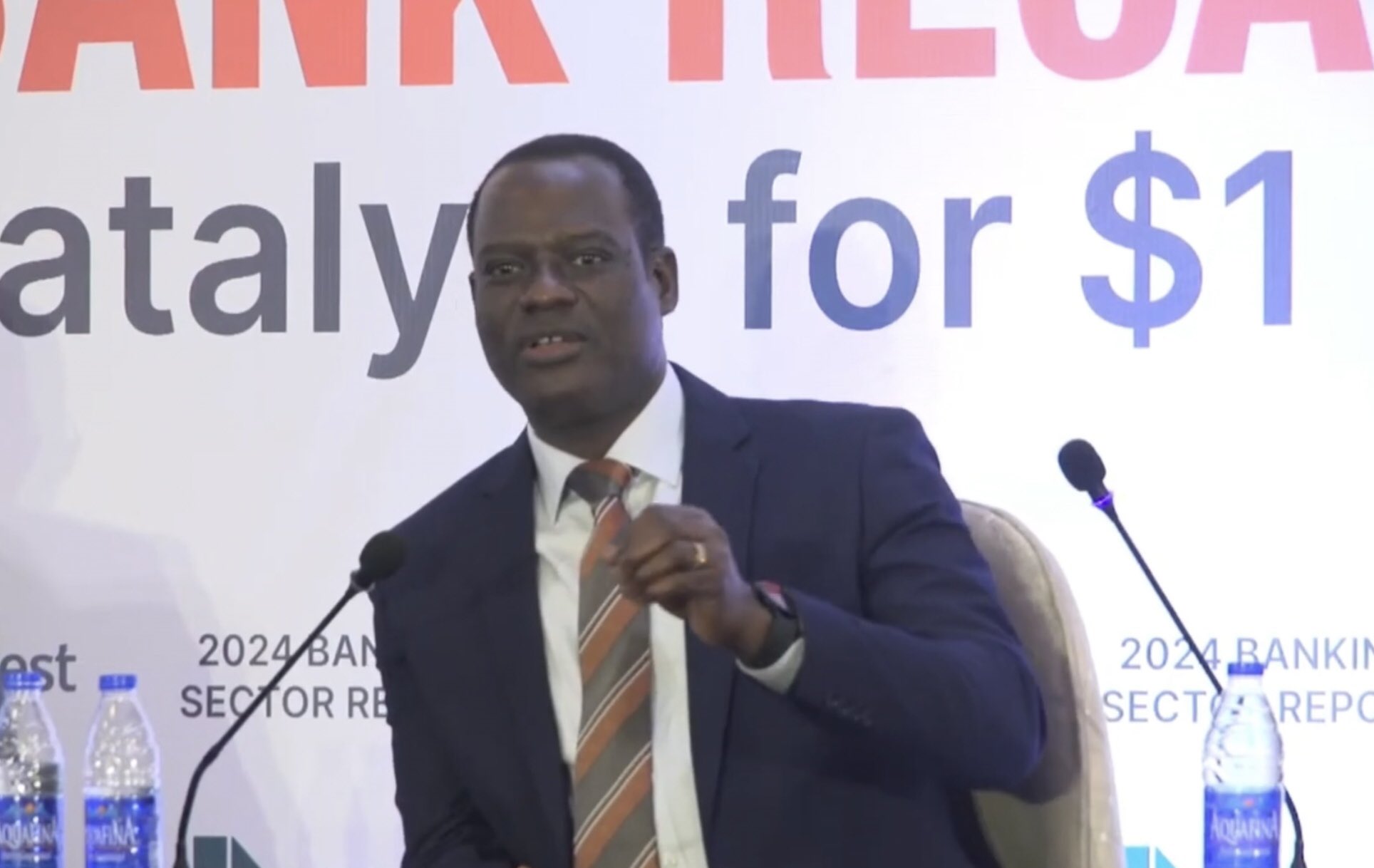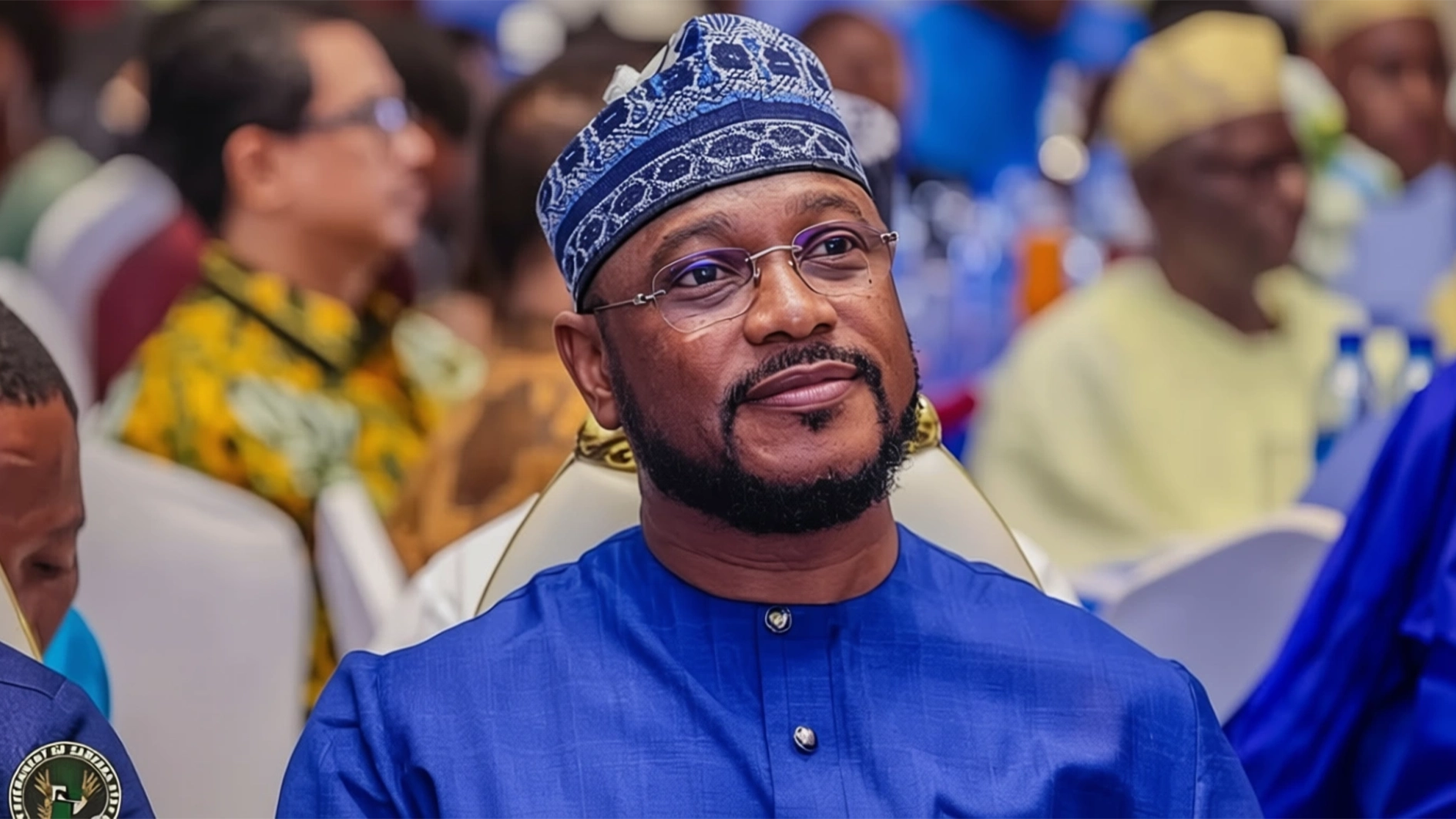
• Full tax exemption recommended for entities exporting 100% of products
• FG seeks to tap into $3.5tr SEZ global market
Nigeria, with 20 ongoing and planned Special Economic Zones (SEZ) projects, has yet to fully realise its potential due to policy inconsistencies, infrastructure deficits, bureaucratic hurdles and tax implications for businesses within designated zones.
These are the issues discussed, yesterday, at the third Special Economic Zones (SEZ) yearly meeting in Lagos, organised by the Nigerian Economic Zones Association (NEZA), Nigerian Economic Processing Zones Authority (NEPZA) and the Oil and Gas Free Zones Authority (OGFZA).
Meanwhile, through the Federal Ministry of Industry, Trade and Investment (FMITI), the Federal Government is looking to explore how to propel Nigeria’s SEZs towards global competitiveness and tap into its $3.5 trillion yearly export market.
The event, with the theme, ‘Fostering Strategic Synergies for Enhanced Special Economic Zones Operations and Sustainable Economic Growth’, explored ways to improve SEZ effectiveness.
According to the Minister of Trade and Investment, Dr Jumoke Oduwole, Africa has over 200 operational SEZs, with 70 more projects underway with Morocco and Nigeria leading in numbers.
She said Morocco’s 12 Free Trade Zones (FTZs) attracted significant foreign direct investment (FDI) in automotive and aerospace industries due to political stability and proactive policies, while Nigeria, with its highest number of SEZs, remained underutilised despite attracting over $300 billion in investments and contributing over N650 billion to government revenue.
Oduwole emphasised the ministry’s commitment to regulatory synergy with the Federal Inland Revenue Service (FIRS), Central Bank of Nigeria (CBN) and NEPZA to align fiscal, monetary and trade policies while ensuring that SEZ incentives remain competitive.
Chairman of the Presidential Committee on Fiscal Policy and Tax Reforms, Taiwo Oyedele, stated that Nigeria’s tax regimes, including the Free Zone law of 1992, needed to be updated to reflect modern economic realities.
He stressed that the success of SEZs should be measured by their economic impact, particularly on non-oil exports, which stands at under $5 billion yearly compared to Morocco’s $40 billion.
Oyedele explained that under initial tax reform proposals, businesses in Free Zones exporting up to 25 per cent of their goods to the Customs Territory would be taxed on those sales, while those exceeding the threshold would be taxed on all sales.
He said following stakeholder engagements, the proposal was revised to allow Free Zone entities exporting 100 per cent of their products to remain tax-exempt, while those selling within Nigeria pay taxes proportionally.
He also addressed global tax compliance, noting that multinational companies in Nigeria must pay a minimum of 15 per cent tax either locally or in their home country.
The proposed reforms, now before the National Assembly, he added, include a “top-up tax” mechanism to prevent revenue losses.
Lagos State Governor, Babajide Sanwo-Olu, stressed the need to address SEZ challenges, including infrastructure, easy access to financing and globally competitive policies.
Represented by the Commissioner for Commerce, Trade and Investment, Mrs Folashade Ambrose-Medebem, the governor noted that SEZs remain crucial for industrialisation, FDI attraction, innovation and job creation.
He cited the Lekki Deep Sea Port in Lagos FTZ, Lekki FTZ and other industrial hubs as boosters of export, reducers of import dependency and enhancers of supply chain efficiency.
Chairman of NEPZA, Nabil Saleh, identified inconsistent policies, overlapping regulations and high operational costs as hindrances to the success of SEZs in the country.
He warned that neighbouring countries were offering better incentives, risking capital flight from Nigeria.
He also cautioned that misconceptions about SEZs harming local manufacturers could lead to resistance.
Saleh stated that while reforms such as the Tax Reform Bill aim to strengthen fiscal policy, their implementation must preserve SEZ competitiveness.
Managing Director of NEPZA, Dr Femi Ogunyemi, reinforced SEZs’ role in attracting investments and job creation, citing modest yearly growth rates in SEZ exports ( 0.79 per cent), domestic exports (3.26 per cent), FDI (3.68 per cent) and local investment (1.49 per cent).
He emphasised that Nigeria must streamline investment processes to enhance investor confidence, particularly under the African Continental Free Trade Area (AfCFTA), which recognises SEZ-produced goods.
Managing Director of OGFZA, Bamanga Jada, referenced World Bank projections of Nigeria’s economic growth rising from 3.3 per cent in 2024 to 3.6 per cent in 2025, which influenced its partnership to establish a Compressed Natural Gas (CNG) conversion centre in Onne/Ikpokiri, expected to cut logistics costs by 70 per cent and promote cleaner fuels.
He said the OGFZA also facilitates Liquefied Petroleum Gas (LPG) plants in Onne and Liberty Free Zones, with a combined 70,000-metric tonne storage capacity, benefiting over 200,000 homes while ensuring environmental sustainability.
GIVING her keynote address at the third special economic zones yearly meeting in Lagos, yesterday, Oduwole, noted SEZs as powerful engines of economic growth that proved effective in attracting FDIs, enhancing industrialisation and value-added exports, generating employment opportunities, boosting economic diversification and contributing approximately 20 per cent of global trade in goods, among others. This, she said, underscores their fundamental role in global commerce and economic development.
The meeting, which had representatives from the Lagos government, Saleh and SEZs’ stakeholders among others, explored the theme of fostering strategic synergy for enhanced special economic zones’ operations and sustainable economic growth.
She noted: “Over the last 60 years, FTZs have expanded in both scale and significance, now numbering over 7,000 across more than 145 economies and employing over 100 million people globally. The establishment of FTZs surged as nations leveraged them to attract investment and strengthen manufacturing. FTZs benefits include reduced tariffs, simplified regulations and tax incentives, which make them attractive hubs for business enterprises.
“The tax benefits given to such businesses must be just as favourable as those given to similar businesses operating within the regular customs area, especially when selling to the local market.”






